HOME
Grazing North Texas — To Kill A Mesquite
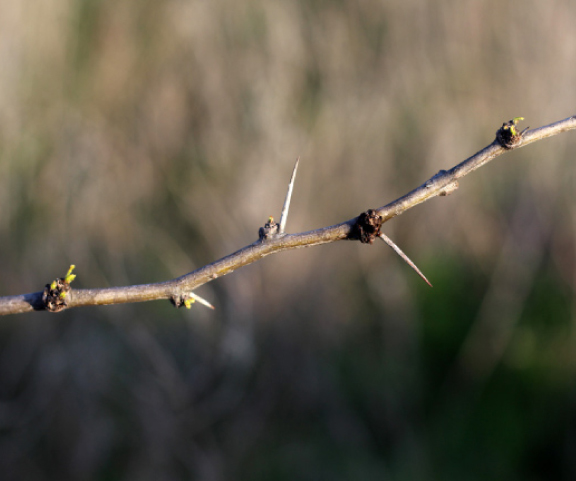
By Tony Dean
Ranchers interested in using aerial spray for mesquite control usually pick one of two options. Some elect to use a less expensive chemical in an attempt to simply defoliate the trees and increase grass production for a couple of years. Others use herbicide designed for a total root kill on the trees but at a higher cost per acre.
Research conducted by Texas Tech University and others in the ‘70s and ‘80s isolated a handful of conditions that, when present during the spraying process, could significantly increase percent root kill when that is the goal.
The key to killing mesquite with herbicide application to the leaves is to first get good absorption into the leaf and then get the herbicide translocated to the root system. The following conditions are important indicators that translocation to the roots is taking place and the mesquites are on track for a successful spraying:
1. Soil temperature at the 12” to 18” depth needs to be consistently 75 degrees Fahrenheit or warmer. If rainfall causes the soil temperature to decrease below 75 degrees, spraying should be delayed.
2. Trees need to have all turned from light green leaves to dark green leaves.
3. Leaves must be healthy and not seriously damaged by frost or insects.
4. If trees are still in the flower stage, flowers must be yellow. If beans are present, they must have extended to their total expected length and still be green in color.
To read more pick up a copy of the May 2018 NTFR issue. To subscribe call 940-872-5922.
HOME
Preparing Spring Gardens
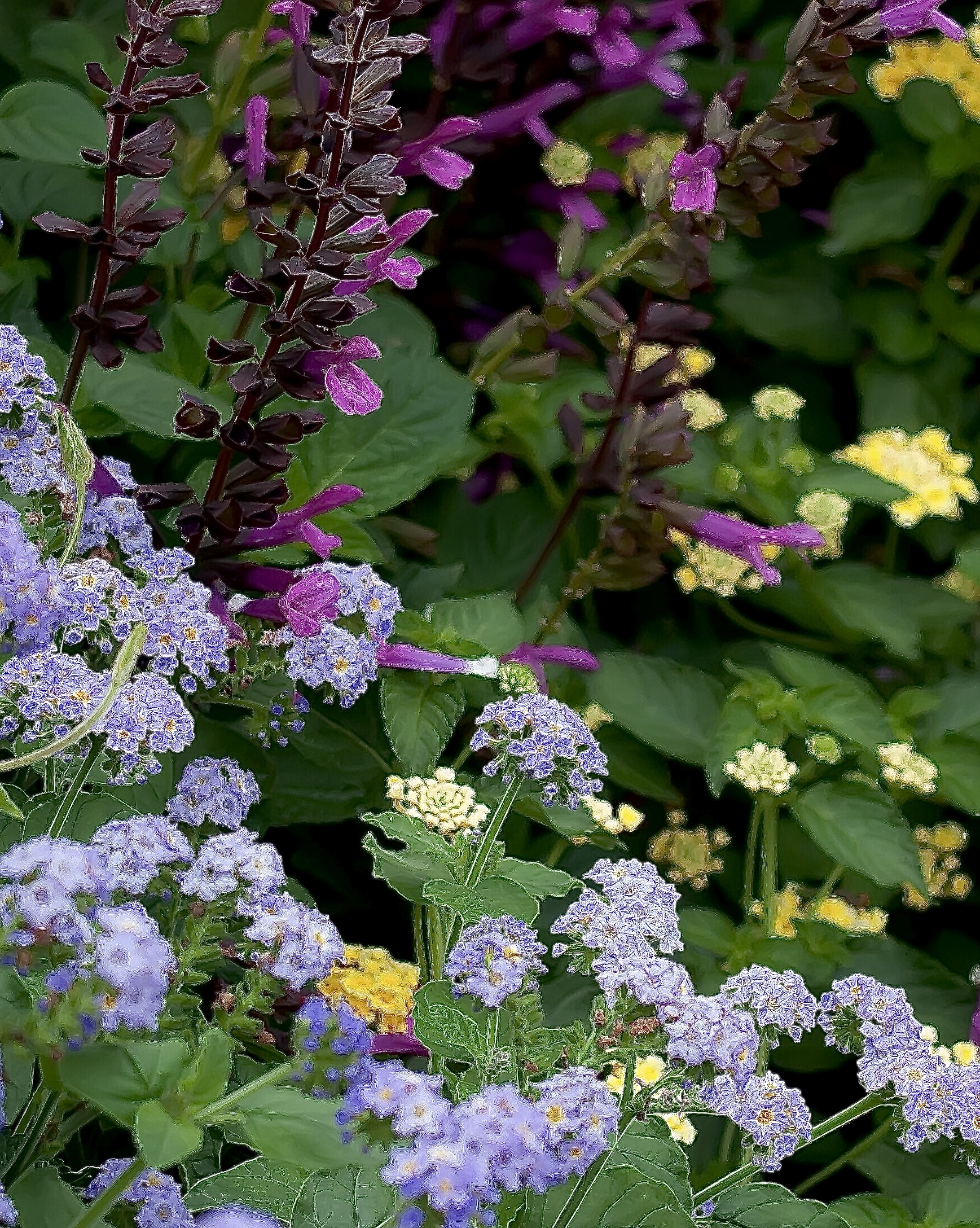
By Hannah Claxton | Editor
The North Texas area is located within USDA Hardiness zones seven and eight. The zones are categorized by predicted low temperatures for winter and timing of the first and last frosts.
Zone seven usually has winter low temps between 0 and 10 degrees F with the average date of the first frost falling between Oct. 29 and Nov. 15 and the average date of the last frost falling between March 22 and April 3.
Overall, these two zones have similar climates and growing conditions, making the options for timing and variety within a garden very similar.
In these zones, cool-season crops should go in the ground in March, meaning that soil preparation should start now.
To read more, pick up a copy of the January edition of North Texas Farm & Ranch magazine, available digitally and in print. To subscribe by mail, call 940-872-5922.
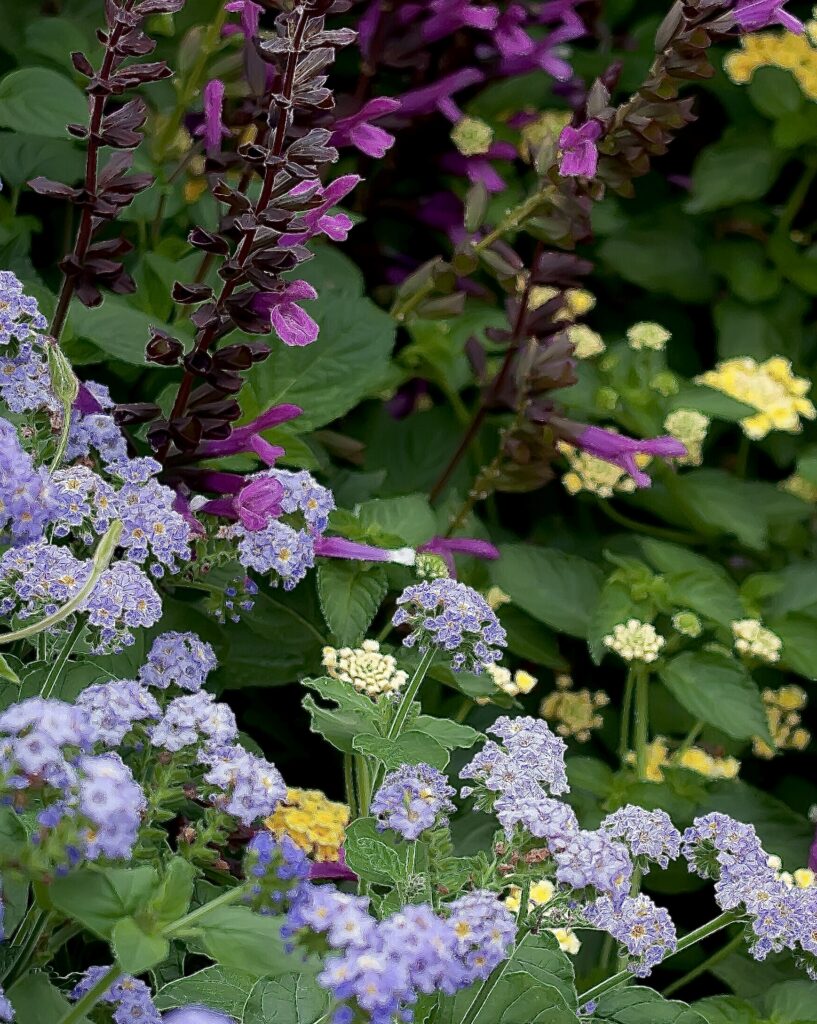
HOME
Equine Vaccinations
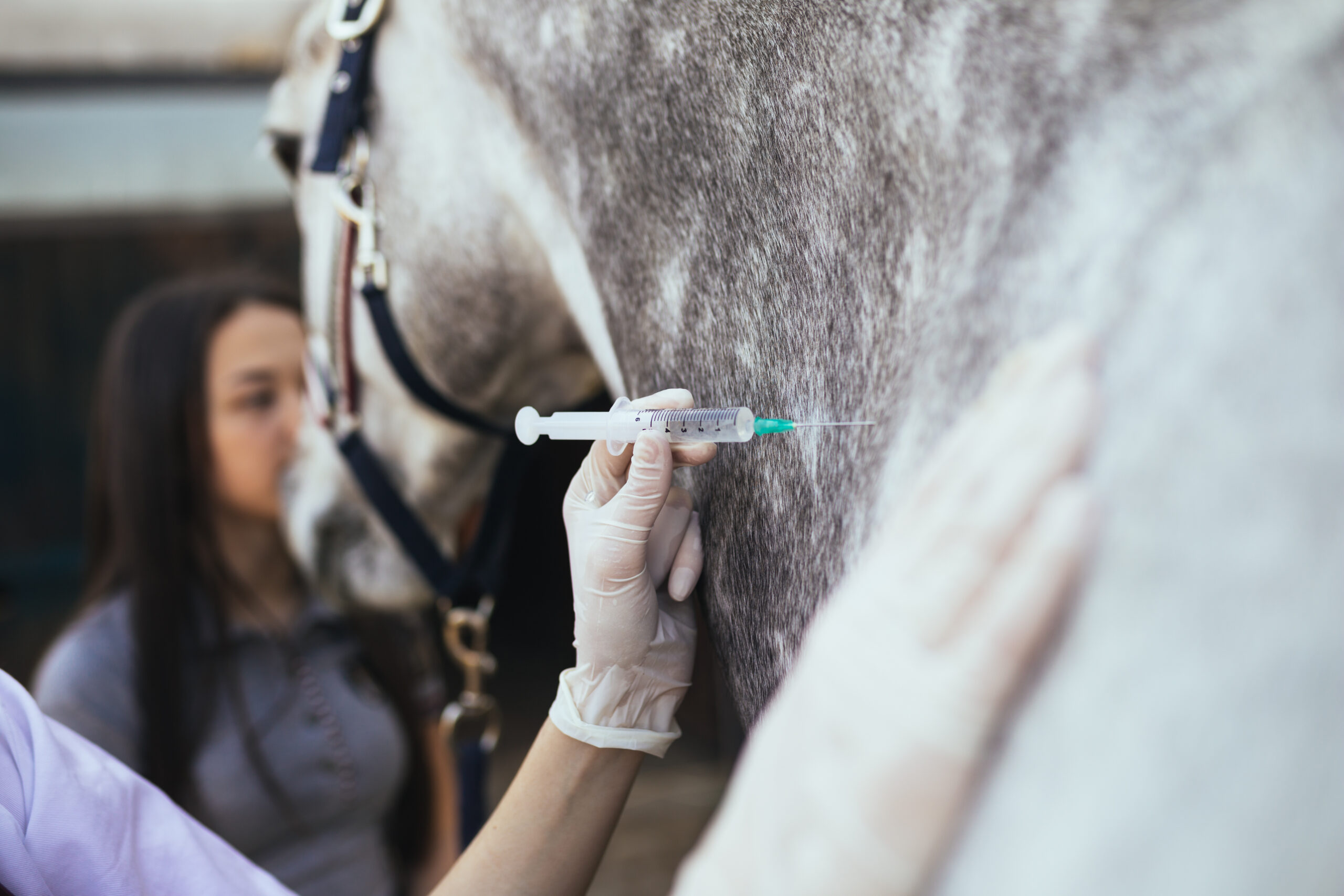
By Heather Lloyd
Vaccinations are a critical component of maintaining the health and well-being of horses, especially in environments where they are exposed to other animals, such as in the sport, show and performance arenas. Horses, like all animals, are susceptible to various infectious diseases that can spread quickly and cause serious harm.
A routine vaccination schedule helps prevent the spread of these diseases by preparing the horse’s immune system.
To read more, pick up a copy of the November edition of North Texas Farm & Ranch magazine, available digitally and in print. To subscribe by mail, call 940-872-5922.
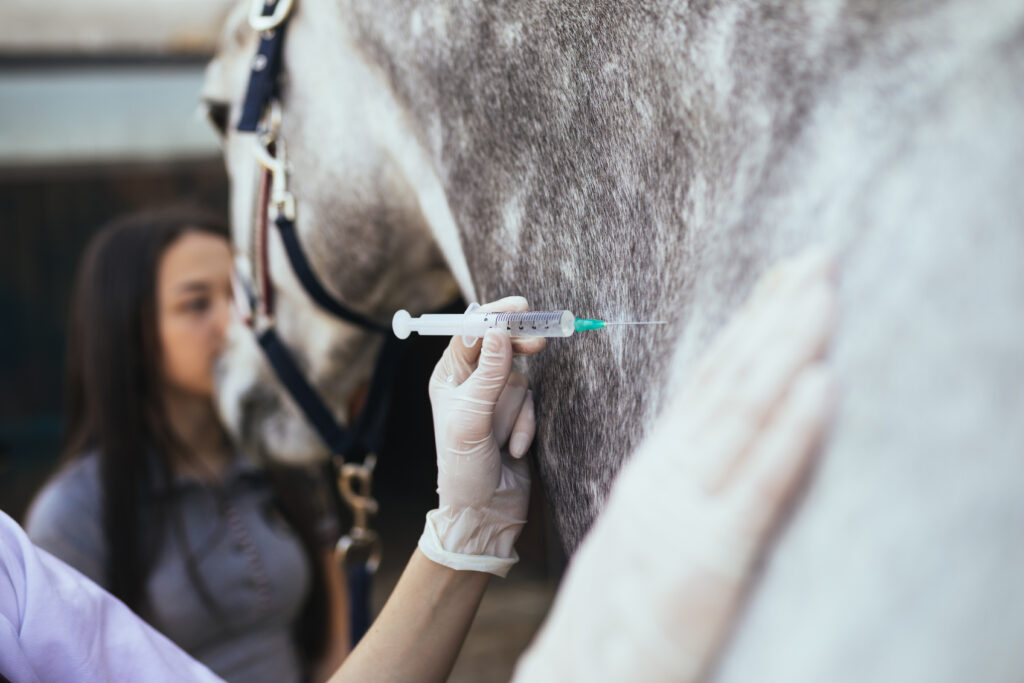
HOME
Wichita Falls Area Cattlewomen
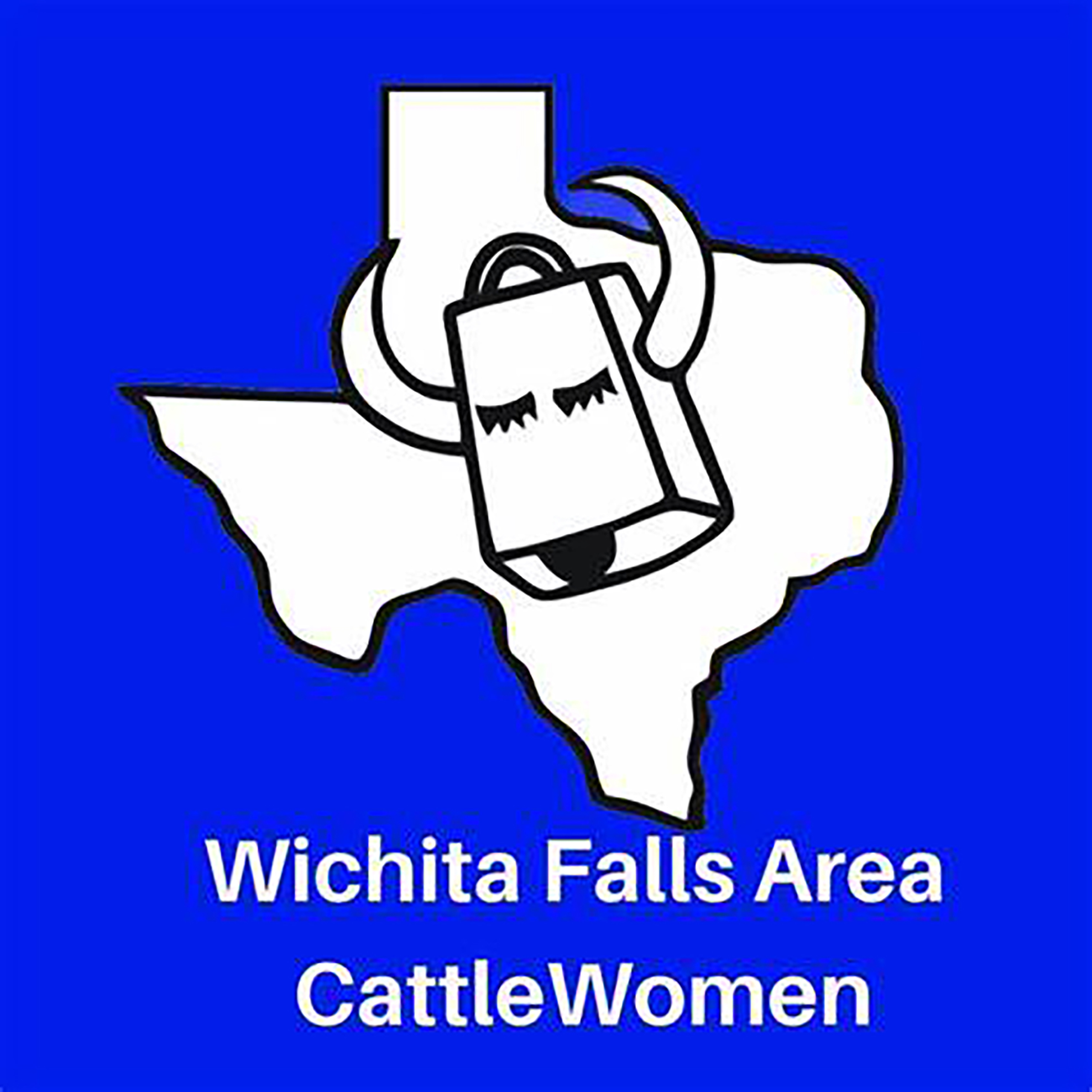
Having herds on a controlled breeding schedule means that we have a predictable calving schedule, and while it’s only over a couple of months, for us it does fall right after the start of the year. I lobby annually to call ours the “Winter calving season”, but I am outvoted and my husband still refers to it as Spring. Unlike producers in our Northern States, we don’t have to contend with brutally harsh winter weather, and on those rare times we do, thankfully it is not for extended periods. Regardless of whether you have a Spring or a Fall calving schedule, the health of a newborn calf begins with the mother’s health, and the mother’s health is largely dependent on the producer.
To read more, pick up a copy of the November edition of North Texas Farm & Ranch magazine, available digitally and in print. To subscribe by mail, call 940-872-5922.
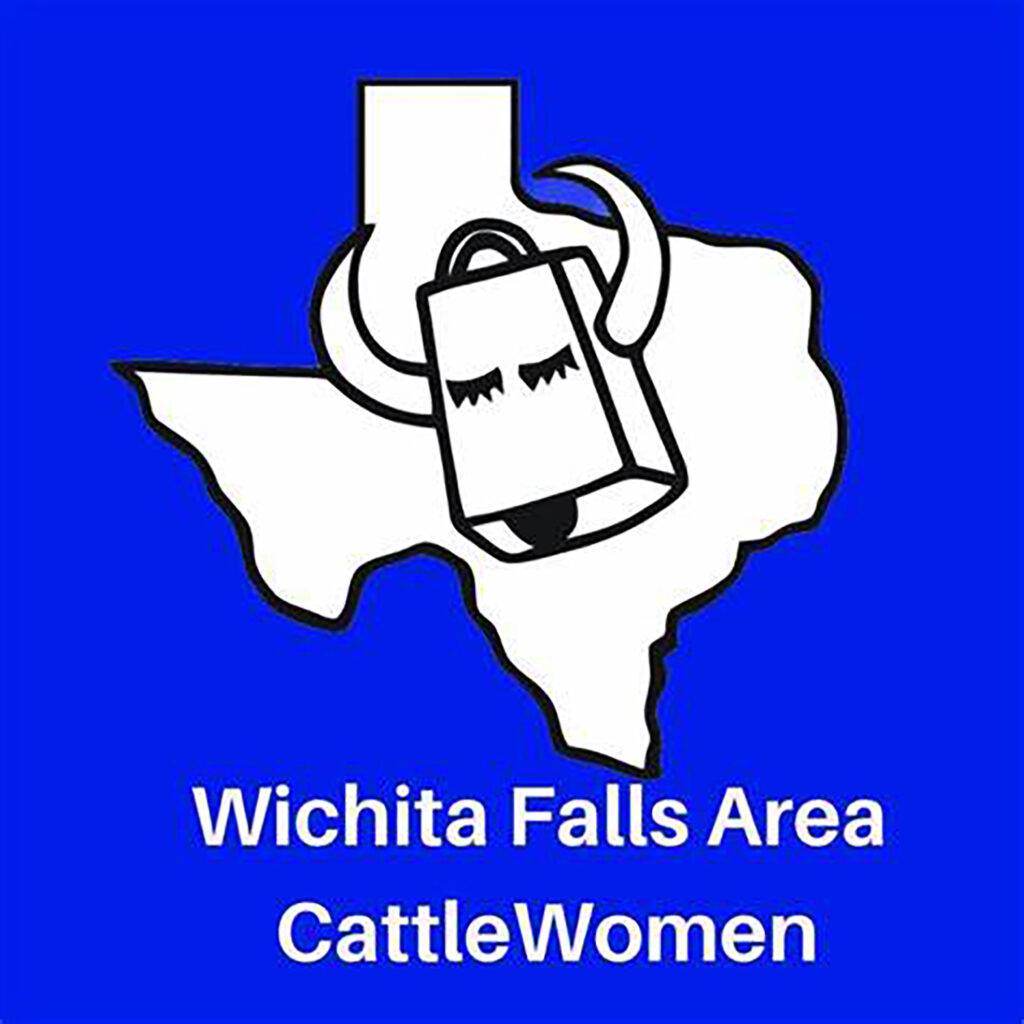
-

 Country Lifestyles2 years ago
Country Lifestyles2 years agoScott & Stacey Schumacher: A Growth Mindset
-

 Country Lifestyles8 years ago
Country Lifestyles8 years agoStyle Your Profile – What your style cowboy hat says about you and new trends in 2017
-

 HOME8 years ago
HOME8 years agoGrazing North Texas – Wilman Lovegrass
-

 Outdoor10 years ago
Outdoor10 years agoButtercup or Primrose?
-

 Country Lifestyles5 years ago
Country Lifestyles5 years agoAmber Crawford, Breakaway Roper
-

 Equine1 year ago
Equine1 year agoThe Will to Win
-

 Country Lifestyles9 years ago
Country Lifestyles9 years agoJune 2016 Profile – The man behind the mic: Bob Tallman
-

 Country Lifestyles8 years ago
Country Lifestyles8 years agoDecember 2016 Profile, Rusty Riddle – The Riddle Way




